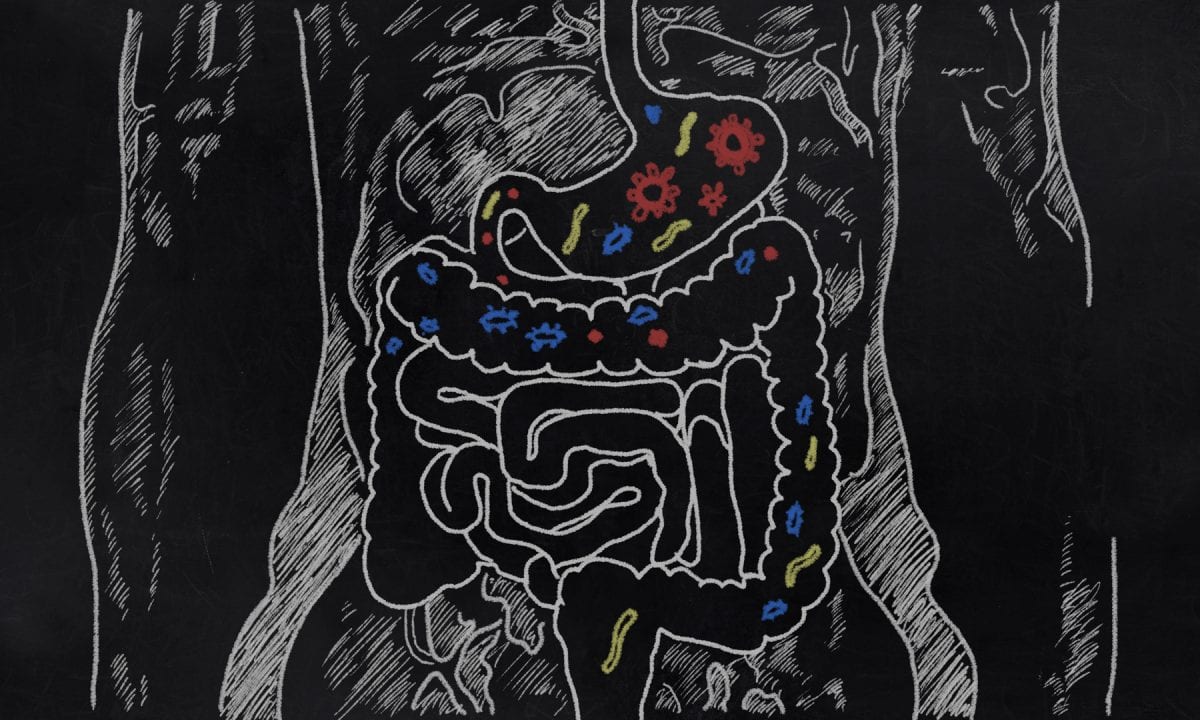
Posted February 15, 2018

Sam Sisodia, Ph.D., of the University of Chicago, performed the first-ever study to characterize the relationship between Alzheimer’s disease and microbiome in the gut (the makeup of microorganisms in the digestive tract). His work found that altering the composition of the gut microbiome in mice could lead to lower levels of amyloid plaques in the brain. Further research in this area may identify species of bacteria that exacerbate or protect against Alzheimer’s pathology, and enhance our understanding of how changes in the gut can affect the brain in humans.